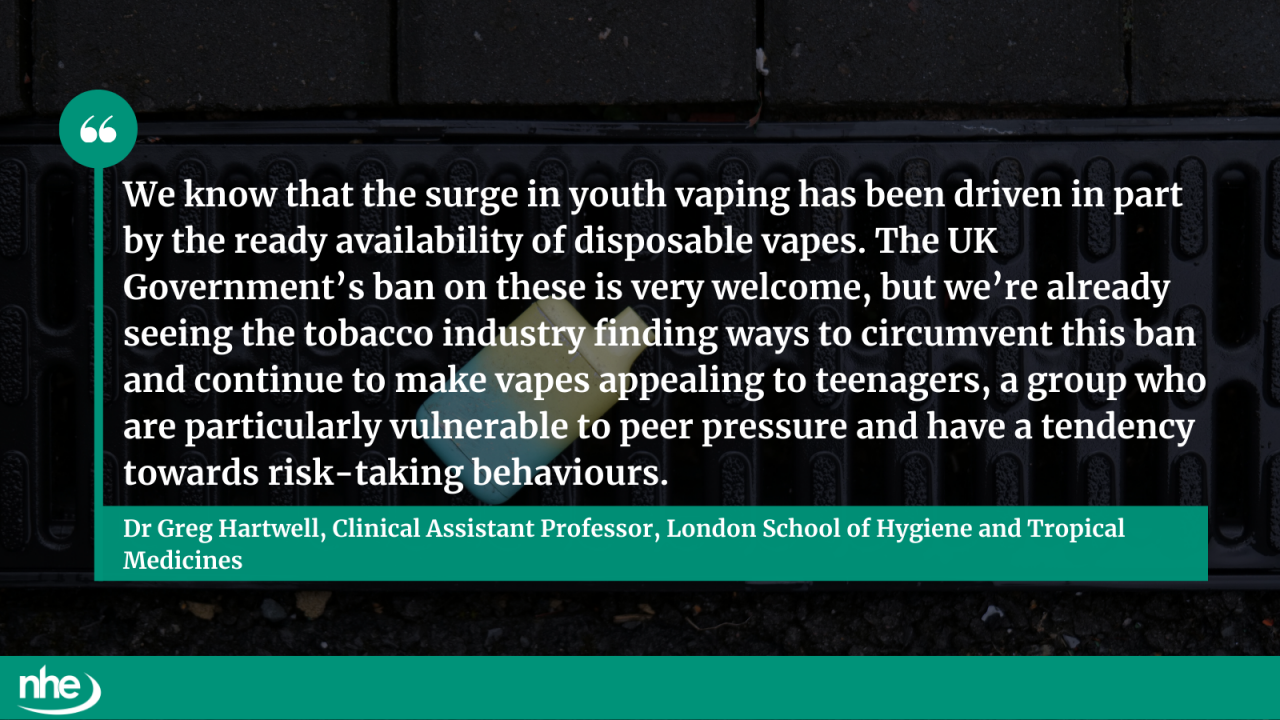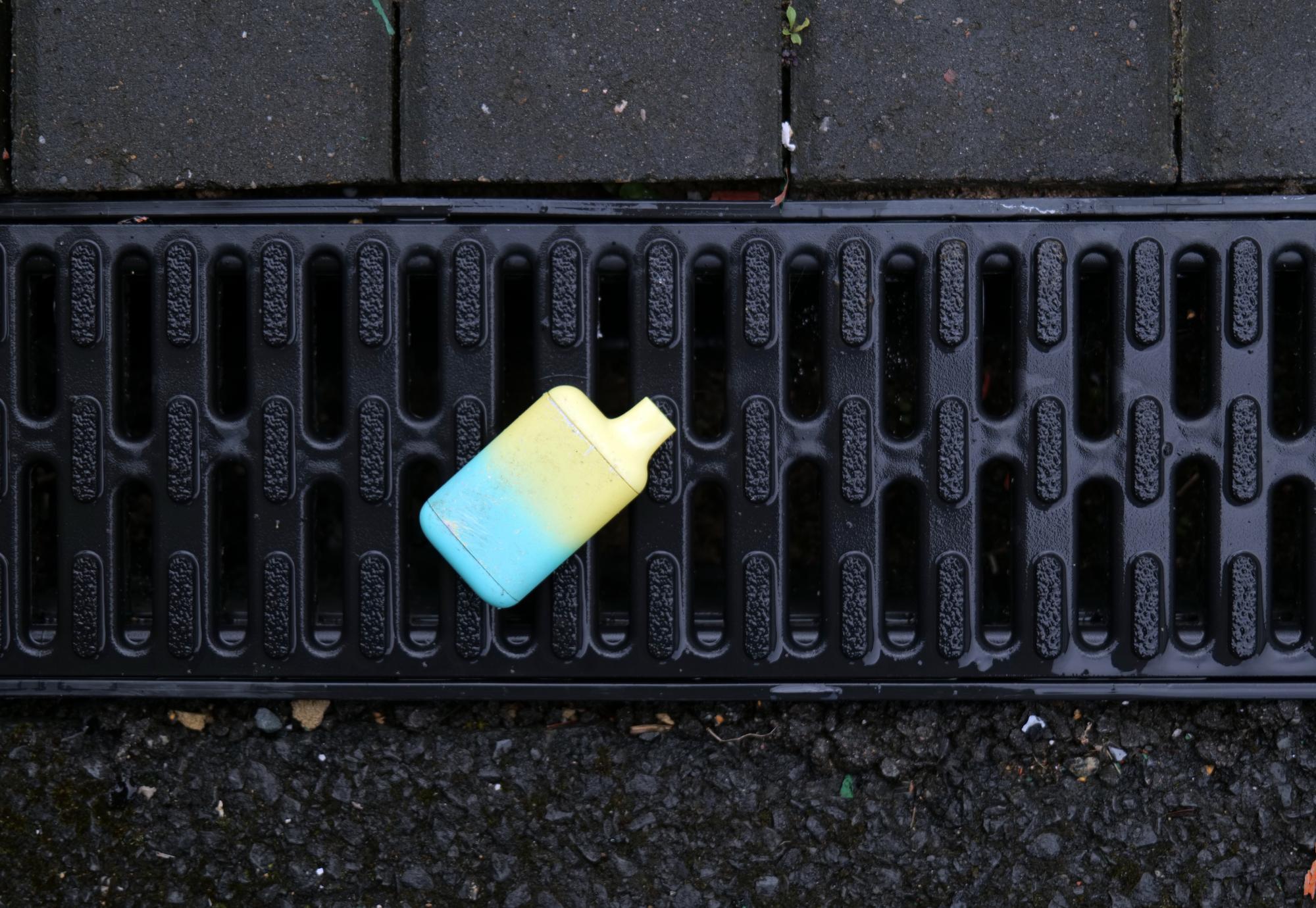Young people who start vaping may be three times more likely to take up tobacco smoking, according to the largest review to date of research studies on the health impacts of e-cigarettes in teenagers and young adults.
Led by researchers at the London School of Hygiene & Tropical Medicine and the University of York, the study reviewed 56 research papers published between 2016 and 2024, focusing on individuals aged under 25. It is the first comprehensive analysis to examine both the physical and mental health effects of vaping in young people.
The findings show that those who vape are significantly more likely to begin smoking tobacco within 4 to 24 months, compared to their non-vaping peers. The review also found consistent links between vaping and:
- Substance use, including marijuana and alcohol
- Respiratory issues, such as cough and asthma
- Poorer mental health outcomes
- Device-related injuries
The risks were found to be consistent across countries, including the UK, USA, and Canada, and were unaffected by differences in age, sex, or socioeconomic status.
The study, commissioned by the Department of Health and Social Care (DHSC), adds to growing concerns about the long-term health impacts of vaping and the potential for e-cigarettes to act as a gateway to tobacco use. It also highlights the need for more long-term research into the effects of nicotine addiction in young people.
Joint first author of the study Dr Greg Hartwell, who is Clinical Assistant Professor at the London School of Hygiene and Tropical Medicines, said:
“Our review provides the most comprehensive picture to date on the range of risks vaping poses to young people. In particular, we found consistent evidence around transitions to smoking which of course, in turn, opens the door to the multitude of harms that conventional cigarettes bring.
“We know that the surge in youth vaping has been driven in part by the ready availability of disposable vapes. The UK Government’s ban on these is very welcome, but we’re already seeing the tobacco industry finding ways to circumvent this ban and continue to make vapes appealing to teenagers, a group who are particularly vulnerable to peer pressure and have a tendency towards risk-taking behaviours.
“As the UK government’s Chief Medical Officer states, marketing vapes to children is always unacceptable, and our review shows exactly why further restrictions on the tobacco industry, who control the vaping market, are so important.”

Recent surveys show that nearly 1 in 10 UK secondary school pupils currently vape, while 5.9% of American schoolchildren use e-cigarettes, according to the CDC.
While the review did not compare vaping directly with tobacco smoking or explore the influence of marketing and advertising, it reinforces calls for stronger regulation, targeted public health campaigns, and further research into youth vaping behaviours.
Image credit: iStock



















